HMRC will take a keen interest in your venture. Legally, you are obliged to supply them with information that will determine how much tax, National Insurance, and possibly VAT that you will have to pay.
This chapter gives you a simple overview of the key points, but we strongly recommend that you take professional advice. If you are not an accountant yourself, it is probably best to engage someone who is and to get on with what you do best – make the money.


